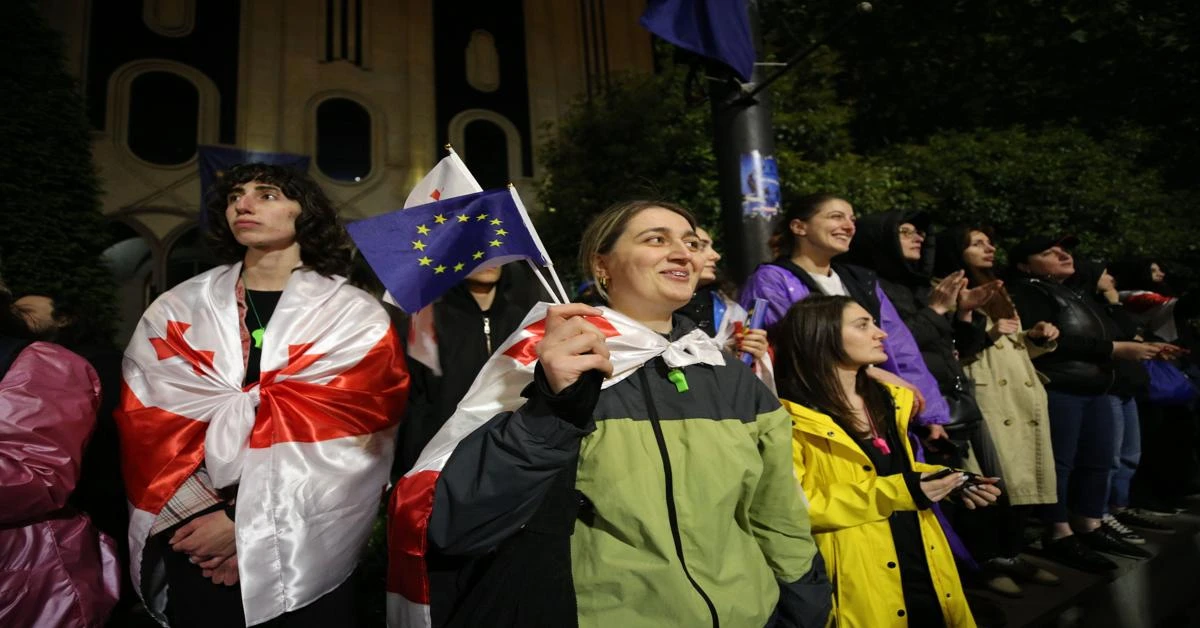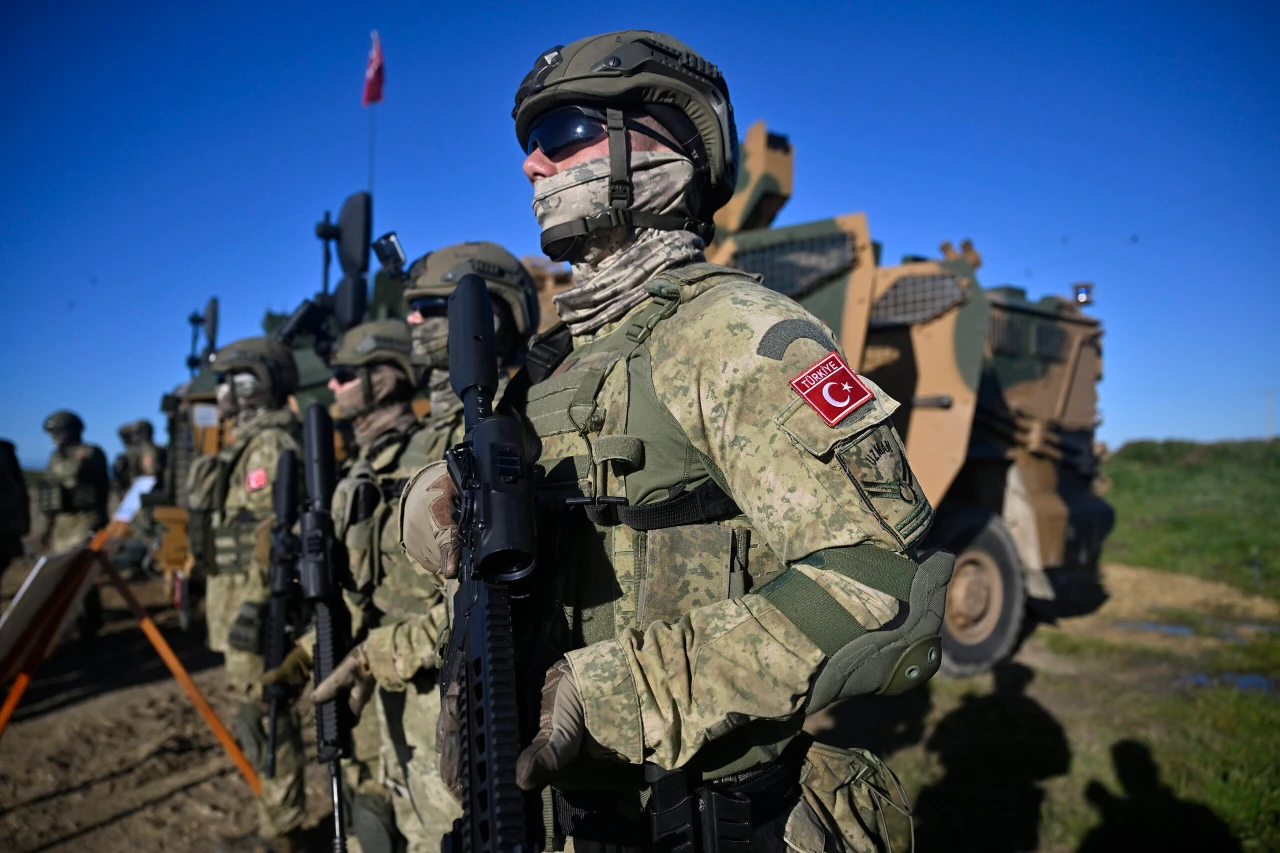Georgian PM vows to pass foreign influence law despite raging protests

Hundreds of university students in the Georgian capital walk out of classes, joining thousands of protesters opposing a bill on ‘foreign agents,’ as Prime Minister Irakli Kobahidze vows parliament would pass the bill
The foreign influence law, known as the “Russian law,” continues to stir controversy in Georgia. Georgian Prime Minister Irkali Kobahidzze vowed that the law would be passed.
In contrast, anti-Russian demonstrators continued to organize protests with European Union (EU) and U.S. flags.
When asked about the prospect of sanctions by Western countries opposed to the bill, Kobakhidze accused them of “blackmail” and said that party founder Ivanishvili was already under “de facto sanctions,” though he provided no evidence.
Students rallying on Monday said they saw the bill as a choice between integrating with the European Union and returning to Russian influence.
“I think (the law) is very disrespectful for students, for every single person who stands here,” said Ana Samkharadze, an 18-year-old international relations student.
Student Vache Nikolaishvili, 19, said young people needed to voice their dissent: “When we have such a law when we have such a government, there is no time for university.”
The bill’s opponents have staged near-nightly protests for a month. A rally on Saturday was one of the largest Georgia has seen since it won its independence from Moscow in 1991.
The EU has said the bill – which requires organizations receiving over 20% of their funding from abroad to register as agents of foreign influence – threatens Georgia’s bid to join the bloc.
The ruling Georgian Dream party says the legislation is needed to enhance the transparency of non-government Organizations (NGO) funding and protect the country from interference by Western powers.

The party’s founder, ex-prime minister Bidzina Ivanishvili, has said such interference could drag Georgia into a war with Russia, in which Georgians are used as cannon fodder.
Polls show that most of Georgia’s 3.7 million people back EU accession. Despite its anti-Western rhetoric, Georgian Dream wants to join the bloc and the NATO military alliance.
Students from several Tbilisi universities marched into the city center on Monday evening, joining thousands of protesters in front of the Soviet-built parliament building.
Western countries and domestic critics have denounced the bill as authoritarian and Russian-inspired, likening it to similar legislation used to hound critics of Vladimir Putin’s Kremlin. The Kremlin has denied any association with the Georgian legislation.

On Sunday several thousand protesters staged an all-night rally outside parliament in a failed attempt to prevent lawmakers from entering on Monday.
The judiciary committee – boycotted by opposition parties – formally approved the bill in a one-minute session.
Twenty people were detained, including two U.S. citizens and one Russian national. The State Department said the U.S. was aware of reports of U.S. citizens being detained. Russia’s diplomatic representatives in Georgia did not immediately reply to emailed requests for comment.
Source: Reuters



